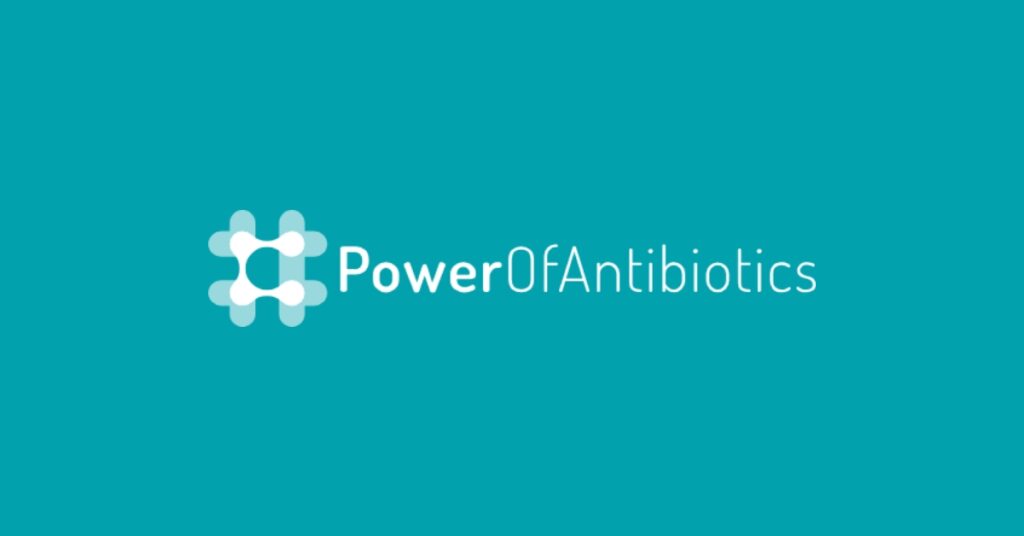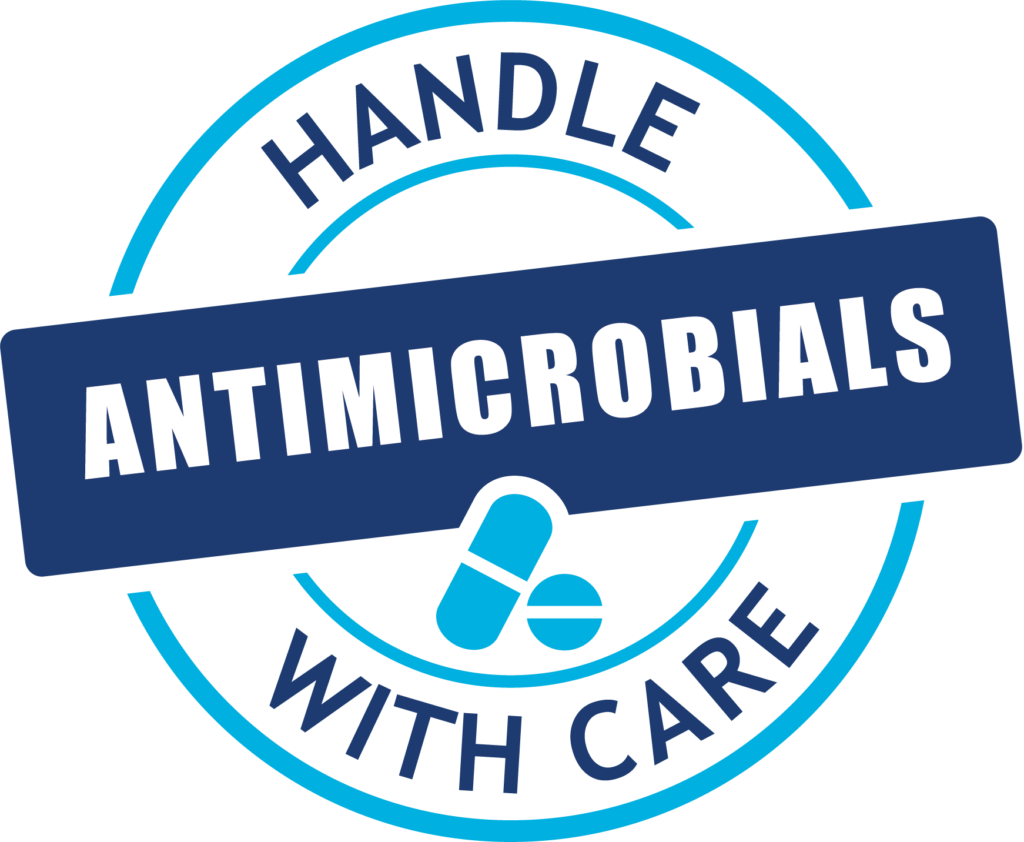Antibiotics are probably one of the most successful forms of chemotherapy in the history of medicine.
Aminov. 2010. Frontiers in Microbiology, 1:13
The history of antibiotics is a fascinating journey that spans centuries of scientific discovery and medical breakthroughs. There have been many recent advancements in antibiotic discovery, however, it is important to recognize that the roots of antimicrobial use begin well before Koch, Ehrlich, and Fleming. In fact, the very first uses of compounds with antimicrobial properties dates back to ancient Sudanese Nubia, around 350 – 550 CE, where traces of tetracycline have been found in human skeletal remains (original article: Bassett et al. 1980. Science, 209:1532-1534), indicating that tetracycline-containing foods were consumed as part of the diet of these ancient people.
Further, evidence shows that people in ancient times used various natural substances, such as honey and mouldy bread, to treat infections based on the observation of their effects. The ancient Egyptians and Greeks documented the use of certain moulds and plant extracts for wound healing and use as probiotics (i.e. live microbes used as agents to alter the activities of the body’s microbiota, or to prime the immune system to be reactive to invasions to benefit health). In fact, the word ‘antibiotic’ is derived from the Greek term ‘biotikos’, which may be literally translated to mean ‘against life’.

The Age of Antibiotic Discovery, starting with penicillin in 1928, revolutionized medicine by providing a powerful tool to combat bacterial infections, changing the landscape of healthcare and management of infectious diseases in subsequent conflicts and in civilian healthcare settings. Particularly, during World War I, bacterial infections were a major concern for both military personnel and civilians. The lack of antibiotics meant that infections resulting from injuries sustained in combat could often lead to serious complications and death. However, in World War II, the availability of antibiotics, especially penicillin, helped save many lives and reduced the impact of infections on military operation.
Antibiotics continue to play a crucial role in modern medicine, as they are used to treat a wide range of bacterial infections. They are essential tools for healthcare professionals in managing various illnesses and preventing the spread of infections. Antimicrobial Resistance (AMR) is a major public health concern for several reasons, encompassing public health, economic, environmental, and global security considerations. Here are key reasons why AMR is a significant and pressing issue:
Ineffective Treatment: AMR reduces the effectiveness of antimicrobial drugs, making common infections harder to treat and increasing the risk of complications and mortality.
Higher Mortality: Resistant infections are associated with higher mortality rates. If left unaddressed, AMR could lead to increased deaths from infections that were once treatable.
Longer Hospital Stays: Resistant infections can result in longer hospital stays and more expensive treatments, imposing a significant economic burden on individuals and healthcare systems.
Limited Treatment Options: AMR leads to the loss of effective antibiotics. As resistance spreads, common infections and routine medical procedures may become life-threatening due to a lack of available treatments.
Compromised Medical Interventions: Surgeries, chemotherapy, and other medical procedures become riskier when infections are caused by resistant microbes, jeopardizing the success of essential medical interventions.
Cross-Border Transmission: Resistant microorganisms can spread globally through travel, trade, and migration. AMR is a transboundary issue that requires international collaboration to address effectively.
Impact on Agriculture: The use of antimicrobials in agriculture contributes to the development of resistant strains. This not only affects food safety but also has broader environmental implications.
Interconnectedness: AMR highlights the interconnected nature of human, animal, and environmental health. A One Health approach is necessary to address the complex and interlinked causes and consequences of AMR.
Inhibiting Medical Advances: AMR threatens innovation in medicine and healthcare. Without effective antimicrobials, advancements in surgery, cancer treatments, and other medical fields may be compromised.
Threat to Security: AMR is considered a threat to global security. In a world where infections can spread rapidly, the inability to control resistant pathogens could have destabilizing effects.
Trust in Healthcare Systems: The inability to effectively treat infections may erode trust in healthcare systems. Patients may become hesitant to seek medical care if they perceive that treatments are increasingly ineffective.
Financial Strain: AMR imposes substantial economic costs on individuals, healthcare systems, and economies. The longer hospital stays, increased healthcare expenses, and potential loss of productivity contribute to the economic burden.
Preserving Antibiotics as a Resource: AMR is an ethical concern. Preserving the efficacy of antibiotics for future generations is a responsibility to ensure continued access to life-saving treatments.
Global Responsibility: AMR requires a global commitment to responsible antibiotic use, antimicrobial stewardship, and sustainable practices to preserve the effectiveness of antimicrobial drugs.
Addressing AMR is crucial to safeguard public health, maintain effective medical treatments, and ensure the sustainability of global healthcare systems. A comprehensive and collaborative approach is essential to tackle this complex and evolving challenge. Antibiotics continue to play a crucial role in modern medicine, as they are used to treat a wide range of bacterial infections. They are essential tools for healthcare professionals in managing various illnesses and preventing the spread of infections. However, the ongoing evolution of bacterial resistance threatens the effectiveness of antibiotics for current and future generations. Investment in awareness and education, infection control & prevention, policy measures to monitor the incidence of AMR globally and research and development to develop novel tools for surveillance, treatment and control of pathogens of concern will greatly influence the future of antimicrobials and modern medicine.
